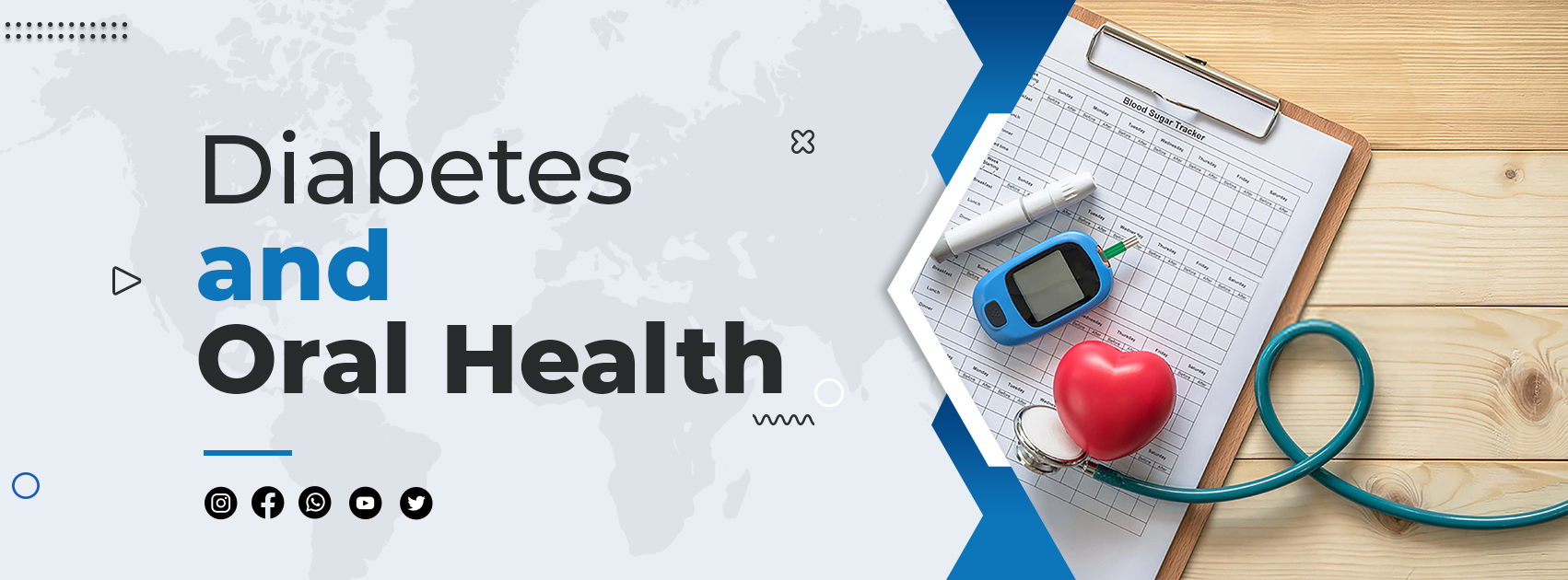
Diabetes and Oral Health
People who have diabetes hear that the disease can damage the eyes, nerves, kidneys, heart as well as other crucial systems of the body. Did you know that diabetes may also lead to problems in your mouth? People with diabetes are more likely to have periodontal (gum) disease, gum and bone infections that hold their teeth in place. Periodontal disease can cause pain, a bad breath that doesn't go away, chewing problems, as well as tooth loss. Periodontal disease is the most widespread dental disease hampering those living with diabetes, negatively impacting almost 22 percent among those diagnosed with diabetes. With an increase in age, poor blood sugar control increases the likelihood of gum problems. In fact, people with diabetes are at risk for developing gum problems due to poor blood sugar control.
Gum disease isn't the only thing that can arise if you have diabetes. Though you may not be capable of preventing these problems, you may mitigate the problems they cause you.
Dry mouth: Xerostomia tends to occur when your salivary glands do not produce enough saliva to maintain your mouth moist, triggering your mouth tissue to become swollen and sore. It can make it harder to chew, taste, and drink, as well as lead to problems in having to eat, making it much harder to control blood sugar.
Fungal infection: Candida albicans is a bacterium that usually resides in the mouth without causing any harm. But if you have diabetes, the lack of saliva in your mouth and the extra sugar in your saliva make it possible for the fungus to cause an infection called candidiasis (thrush) that occurs as a tender white or red area in your mouth.
If you do need oral surgery, we strongly advise:
o Remember that you have diabetes and address any particular diabetes-related issues.
o Eat prior to your dental checkup so that your blood sugar is within the acceptable range.
o Take the necessary medications Your dentist must also consult your doctor about whether you can alter your diabetes medication or take an antibiotic to avoid infection before procedure.
o Prepare your dietary needs after surgery. If you have dental treatment that may leave your mouth sore, plan to eat soft or liquid food that will enable you to eat without any discomfort.
Follow us on social media;
May 23, 2022